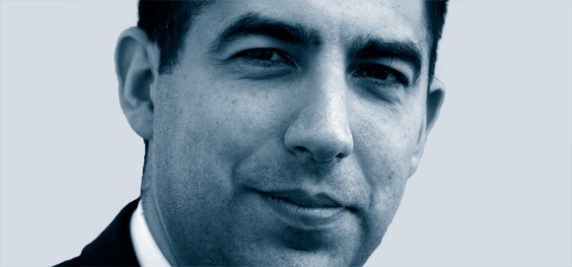I have a theory that today’s politics are driven by an inability to distinguish between the sentiments that ‘things used to be better’ and ‘things used to be better because I was younger’.
Nostalgia is a powerful drug and the fun we had in the office and at the British Library preparing for our 60th birthday later this month is testament to that.
The theme we will be exploring throughout the month is that many issues fuelling the current GP crisis have been issues for decades. Workload, recruitment problems, stress and even attacks on GP pensions have been around since 1960.
When compiling our March print issue (which should be arriving at your door any day now), we found private companies offering doctors on demand from decades back, while problems with payments and ambulances delaying treatment to patients in general practice have existed for decades too.
So, as we will be asking throughout the month, is general practice really at its lowest point now or are we looking at the past through sepia-tinted glasses?
There have been times when general practice involved fewer GPs per patient but less pay than today – and that’s without even factoring in out-of-hours commitments. There have been many instances of below-inflation funding uplifts and of GPs seriously considering industrial action. The profession has rarely been a bed of roses.
Today’s issues are unique and have left the profession more soulless than ever
However, some of today’s problems are unique. The most obvious is the loss of continuity of care. This can’t be overstated. The only time I’ve ever wanted to be a GP was after watching an Australian RCGP video charting one GP caring for three generations of a family. This wasn’t something out of Dr Finlay’s Casebook, this was reality.
And I may be way off base here, but I also feel making GPs earn any funding uplift is a modern phenomenon. It used to be that the DDRB looked at inflation and expenses and awarded uplifts accordingly. Now, most funding is linked to (often unevidenced) new work, or ringfenced for schemes such as additional roles, as our contract analysis demonstrates.
This has all left the profession more soulless than ever – and the advent of the CQC, revalidation and any amount of bureaucracy has hardly helped. Of course, there are still positive aspects to being a GP, or there’d be no one left doing it. But these changes mean it is becoming more of a job than a vocation, and I see no prospect of a return.
What GPs need is to be properly valued. This means appreciating they know how to care for their patients, without prescriptive contracts. It means promoting their skills and abilities, and not asking them to work beyond these. It means ditching the phrase ‘GPs are best placed…’ once and for all.
From the side of GPs, we need to get the message that continuing in this direction will harm patient care. After all, GPs have always raised concerns – only when patients are affected will there be any change.
Finally, thank you in advance for indulging our birthday nostalgia in this issue and on Pulse Today this month, and I hope you enjoyed reading this issue as much as we enjoyed writing it. We will continue to do what we’ve done for the past 60 years – support GPs. After all, if GPs continue to leave the profession, we’ll have no readers left to see us through to our 70th year.
Jaimie Kaffash is editor of Pulse. Follow him on Twitter @jkaffash or email him at [email protected]
Pulse October survey
Take our July 2025 survey to potentially win £1.000 worth of tokens














